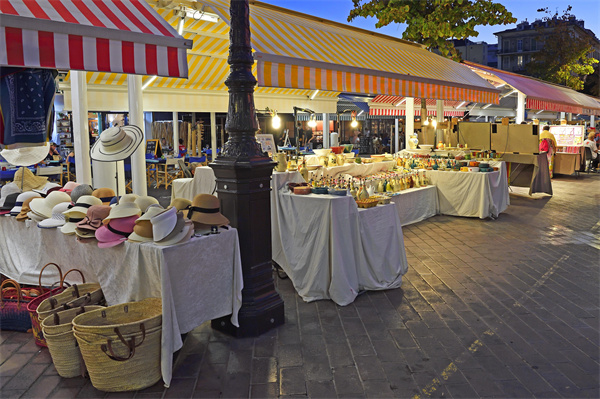Social Media Digest


Comfort over conquest
Have you ever been curious about bungee jumping but worried your body couldn't handle the shock? China's latest travel trend — nicknamed the "wimpy travel trio" — might be just the thing for you.
This playful trend includes timid rafting, gentle bungee jumping, and elevator-assisted mountain hiking. Rather than chasing thrills, young Chinese travelers are opting for low-intensity adventures that prioritize relaxation and comfort over adrenaline.
Take rafting, for example. Instead of paddling through wild rapids, timid rafting involves gently drifting down a calm river and enjoying the scenery along the way — more Zen than extreme sport.
On Xiaohongshu (RedNote), the hashtag for timid rafting has gained more than 1.9 million views.
The rise of the "wimpy travel trio" highlights a broader shift in travel preferences among China's younger generation. Just a few years ago, "special forces-style travel" was all the rage — hitting 10 attractions and walking 30,000 steps in a single day. But today's Gen Z travelers are slowing things down.
According to a recent urban youth travel consumption report by China Youth Daily, more than half of young travelers now prefer immersive and flexible trips. Some even spend a whole week in one city without a fixed plan — a conscious choice to focus on experience rather than ticking off an itinerary.
"Wimpy" may sound like a self-mocking joke, but for Gen Z, it's a bold new way to redefine what it means to truly enjoy the journey.

Passion ventures
For many young people in China today, personal interests and emotions are inspiring more than just self-expression — they're sparking a wave of new micro-businesses.
Recently, a growing number of young creators have turned their everyday observations and passions into small, deeply individual brands.
Their businesses often respond to simple, relatable needs: dopamine-colored, anti-slip yoga socks for early morning workouts, oversize scrunchies for thick hair, or phone cases printed with hand-drawn sketches and inner thoughts.
Despite their niche appeal, these quirky products are finding an eager market. Customers even take part in the creative process themselves — requesting pet portraits on necklaces or turning baby photos into jigsaw puzzles.
This kind of one-to-one customization is made possible by China's agile, on-demand supply chains, which allow even one-off orders to be produced quickly and affordably.
"In our parents' time, we relied on imported materials," one Xiaohongshu (RedNote) user wrote. "Now, we can design exactly what we want."
Behind these ventures lies more than just business ambition. For many young entrepreneurs, building a brand is a way to preserve creativity, emotion, and a sense of identity. "The true purpose of making products is to help people feel empowered," Zhao Qingqiu, a phone case designer, told Bingdian Weekly.




































